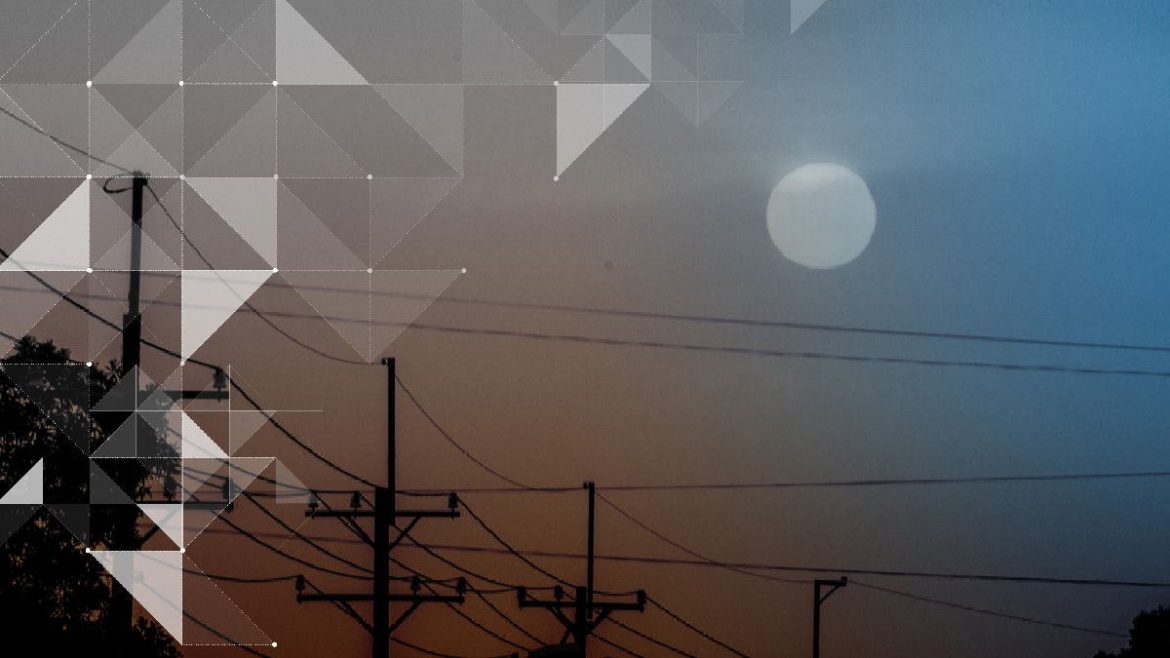Aside from cryptocurrencies and distributed ledger projects within various professional fields, blockchain technology is catching the attention of numerous industries — including many you likely haven’t considered.
Over the next few days or so, I’ll be taking a deeper look at some of these organizations, fields, and industries that are either already diving into blockchain, or have announced plans to do so.
Today, it’s the energy grid of the United States, which of course is unquestionably outdated, deteriorating, and extremely vulnerable to variables such as natural and manmade disasters.
While it has been a concern for quite some time, the vulnerability of our power grid was recently in the national spotlight when it was revealed that foreign entities were able to gain access to it. The Wall Street Journal revealed in 2018 that a Russian state-sponsored group was able to not only access the control rooms of U.S. electric utilities the prior year, they had the ability to completely control power and could have caused blackouts.
With the weak security of our current power infrastructure, of course many are wondering if the protection of blockchain may hold the answer.
As such, there are multiple research projects underway looking at possible replacements for this outmoded system, and some are taking some interesting steps.
Like the energy experiment in Brooklyn, New York and other municipalities, participants install smart power meters and use solar panels to collect power before utilizing smart contracts to sell their surplus. By bypassing third-party utility companies and securely verifying all transactions via blockchain, the members are saving money and actually increasing energy efficiency.
Additionally, in just the past 2 years, there have been more than four dozen startups that have launched with a specific focus on energy and they have raised more than $300 million between them.
A couple of the interesting projects around the world are:
- The Energy Web Foundation (EWF) — Designed an Ethereum based EW blockchain that is open-source, scalable and specifically designed for the regulatory, operational, and market needs of the energy sector.
- Innogy – Uses the EW blockchain to authenticate users and manage billing at electric car charging stations.
Just like the United States, plenty of other countries are facing these same sort of issues. Outdated, centralized power grids are in use all throughout the world and many believe that blockchain could help power grids operate in a more efficient, automated, and secure way without the high costs associated with today’s grids.
Using automated smart contracts, blockchain can enable the operators of the current generation of the world’s grids to be able to optimize management of all usage, enabling real-time pricing and hereto unforeseen flexibility. By enabling consumers to securely record their usage date, utilize smart contracts to send and receive payments, and monetize their excess electricity, blockchain empowers them to transition into ‘prosumers.’
As testing and research continue to show the benefits of a marriage between blockchain and infrastructure as critical as the energy grid, we’re likely to see more startups and partnership announcements in the very near future.
